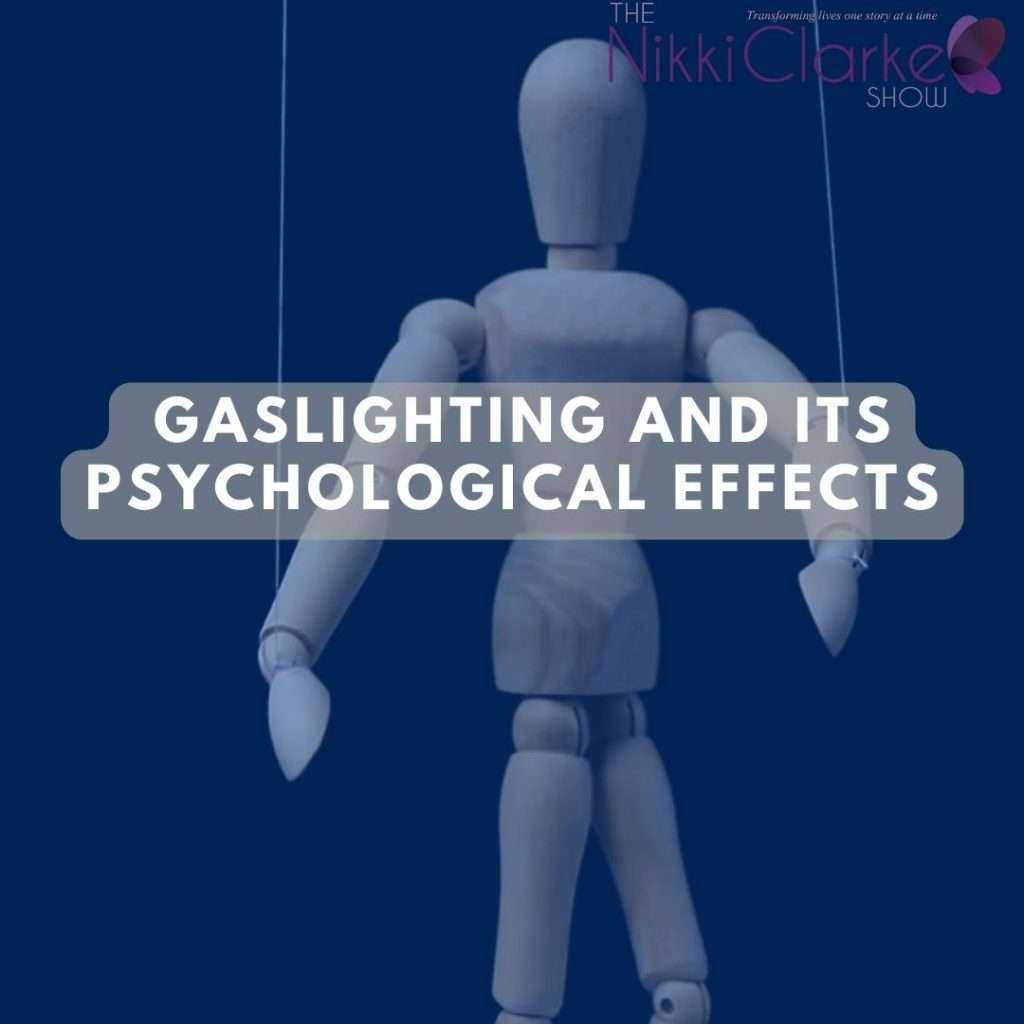 Gaslighting is a manipulative and psychological tactic that has gained recognition in recent years for its destructive impact on individuals and relationships. This article aims to define gaslighting and delve into its effects on victims, shedding light on a behavior that can go unnoticed but leaves deep emotional scars.
Gaslighting is a manipulative and psychological tactic that has gained recognition in recent years for its destructive impact on individuals and relationships. This article aims to define gaslighting and delve into its effects on victims, shedding light on a behavior that can go unnoticed but leaves deep emotional scars.
Defining Gaslighting
Gaslighting is a form of emotional abuse where one person systematically manipulates another into doubting their own thoughts, feelings, memories, or perceptions. The term originates from a 1944 film titled “Gaslight,” in which a husband attempts to convince his wife that she is losing her mind by dimming the gaslights in their home and then denying it when she notices.
Key Characteristics of Gaslighting:
1. Denial and Contradiction: Gaslighters frequently deny or contradict their victim’s experiences, even when there is concrete evidence to support the victim’s claims.
2. Trivializing Feelings: They dismiss their victim’s emotions as irrational or exaggerated, making them feel like their feelings are unwarranted.
3. Withholding Information: Gaslighters often withhold crucial information or manipulate situations to create confusion, making it challenging for the victim to grasp reality.
4. Projection: They may accuse the victim of the very behaviors they themselves are guilty of, shifting blame and causing further confusion.
Effects of Gaslighting
Gaslighting can have profound and lasting effects on those who experience it, affecting their mental and emotional well-being, self-esteem, and overall quality of life. Some of the primary consequences include:
1. **Low Self-Esteem:** Gaslighting erodes self-confidence as victims begin to doubt their own perceptions and feelings. Over time, they may come to see themselves as incompetent or unworthy.
2. **Anxiety and Depression:** Living in a constant state of confusion and self-doubt can lead to heightened anxiety and even clinical depression.
3. **Isolation:** Gaslighters often isolate their victims from friends and family, making it difficult for them to seek support or validation from others.
4. **Loss of Identity:** Victims may lose a sense of who they are as they become more focused on pleasing the gaslighter and less on their own needs and desires.
5. **Difficulty Trusting Others:** After experiencing gaslighting, individuals may find it challenging to trust others or their own judgment, which can affect their future relationships.
6. **Physical Health Issues:** The chronic stress and emotional turmoil caused by gaslighting can lead to physical health problems, including headaches, digestive issues, and sleep disturbances.
Recognizing and Combating Gaslighting
Awareness is the first step in combating gaslighting. Victims and those who suspect they may be in a gaslighting relationship should trust their instincts and seek support from trusted friends, family, or mental health professionals. Some strategies to combat gaslighting include:
1. **Documenting Incidents:** Keep a record of instances of gaslighting, including dates, times, and what was said or done. This can help victims validate their experiences.
2. **Seeking Professional Help:** A therapist or counselor can provide guidance and support for victims of gaslighting, helping them rebuild self-esteem and coping strategies.
3. **Establishing Boundaries:** Setting clear boundaries with the gaslighter and asserting one’s needs and feelings is essential in regaining control over one’s life.
Conclusion
Gaslighting is a damaging form of emotional abuse that undermines a person’s sense of reality and self-worth. Recognizing the signs of gaslighting and seeking help is crucial for victims to break free from the cycle of manipulation and begin the journey to healing and recovery. It is essential to raise awareness about this insidious behavior to prevent its devastating effects on individuals and relationships.













